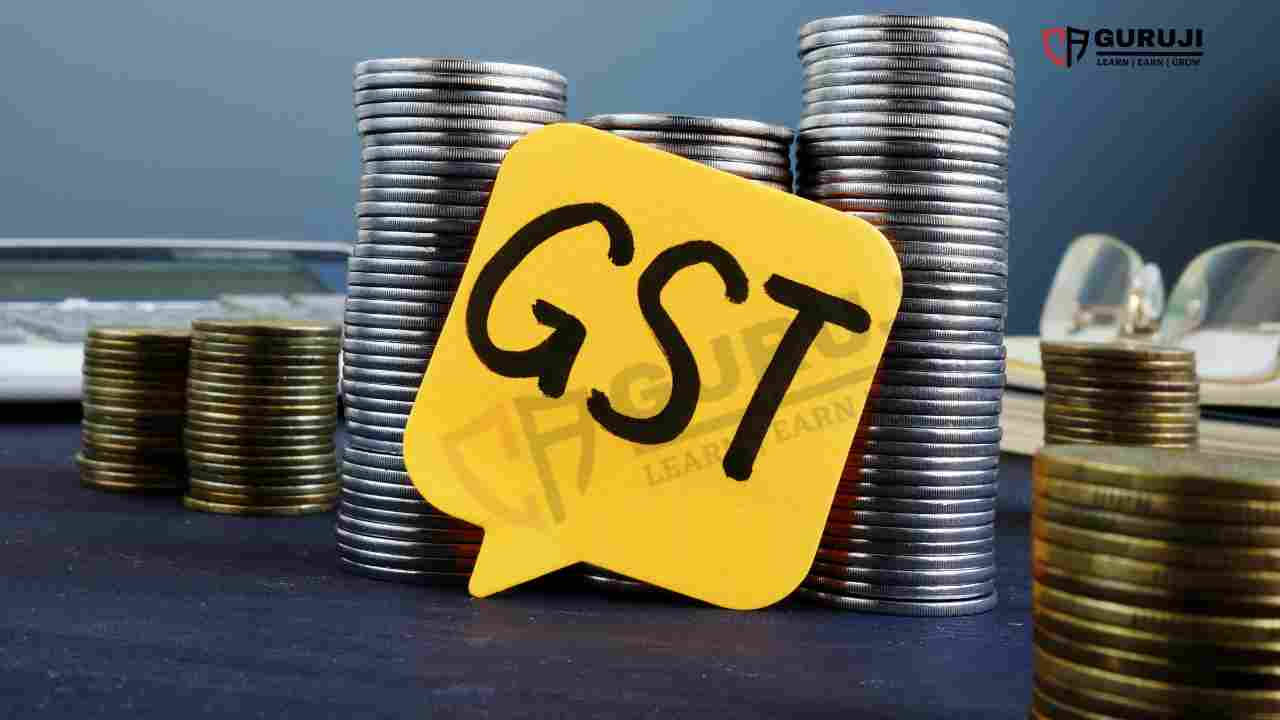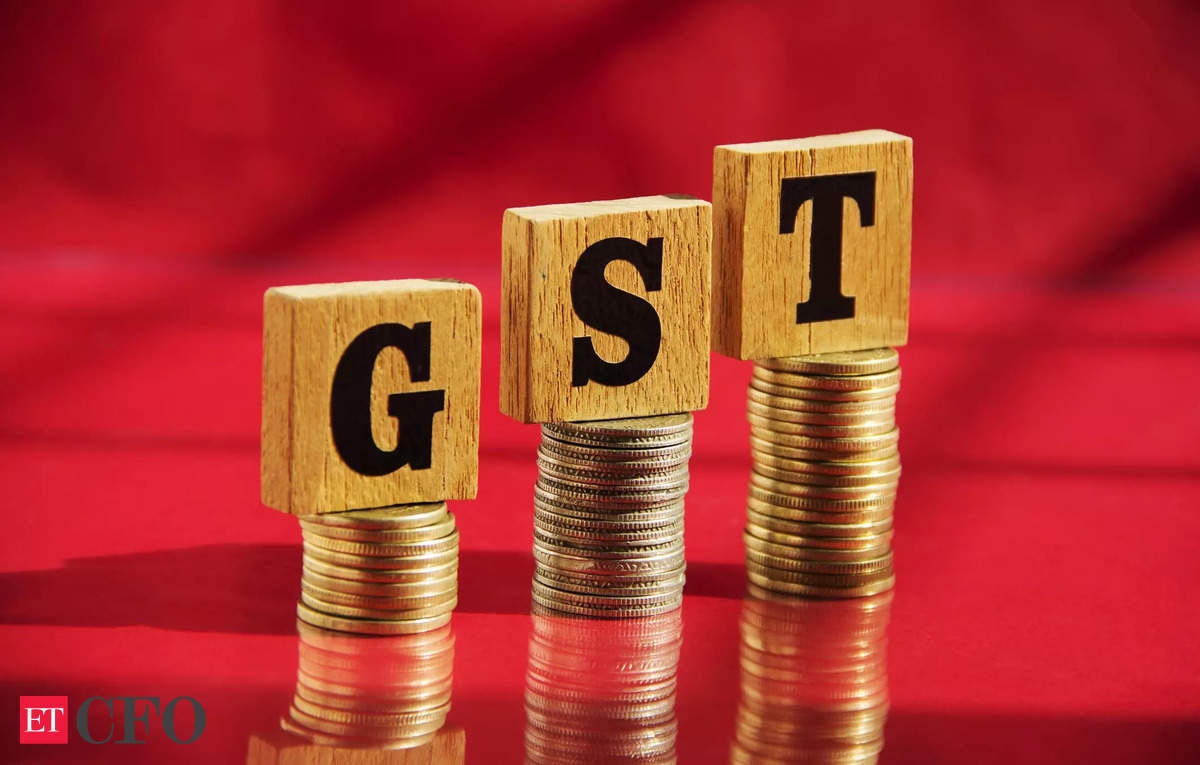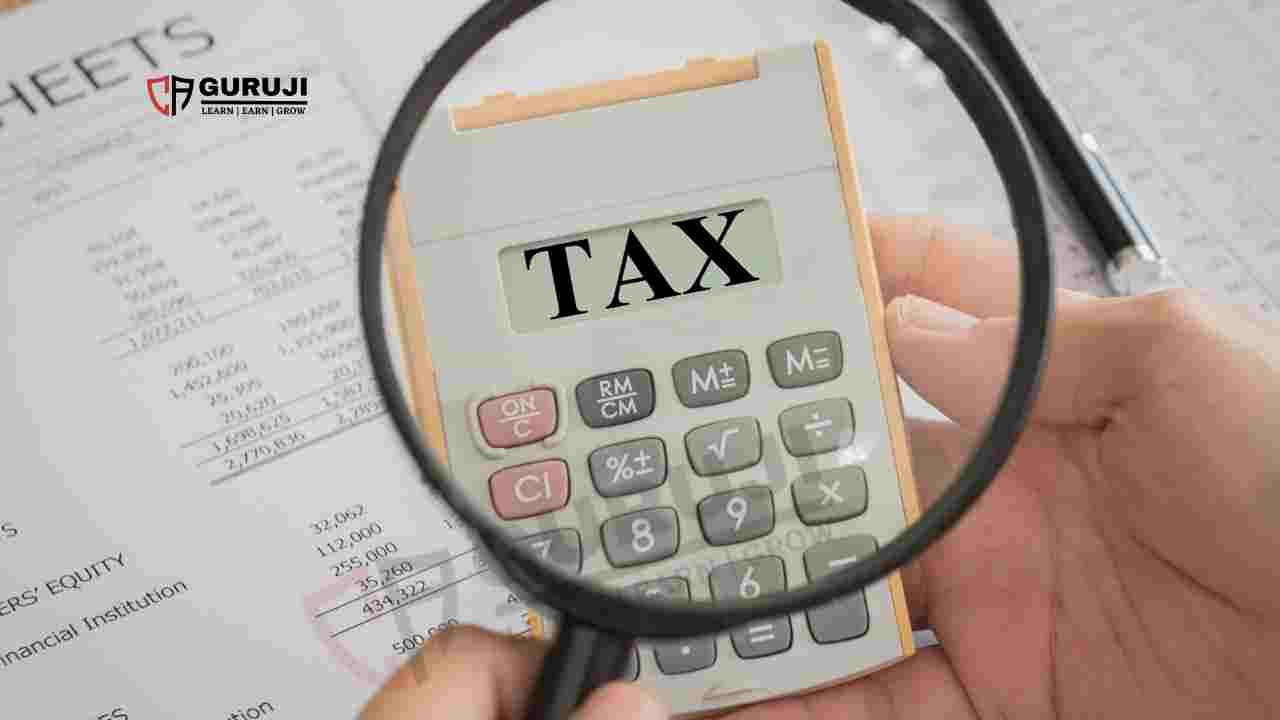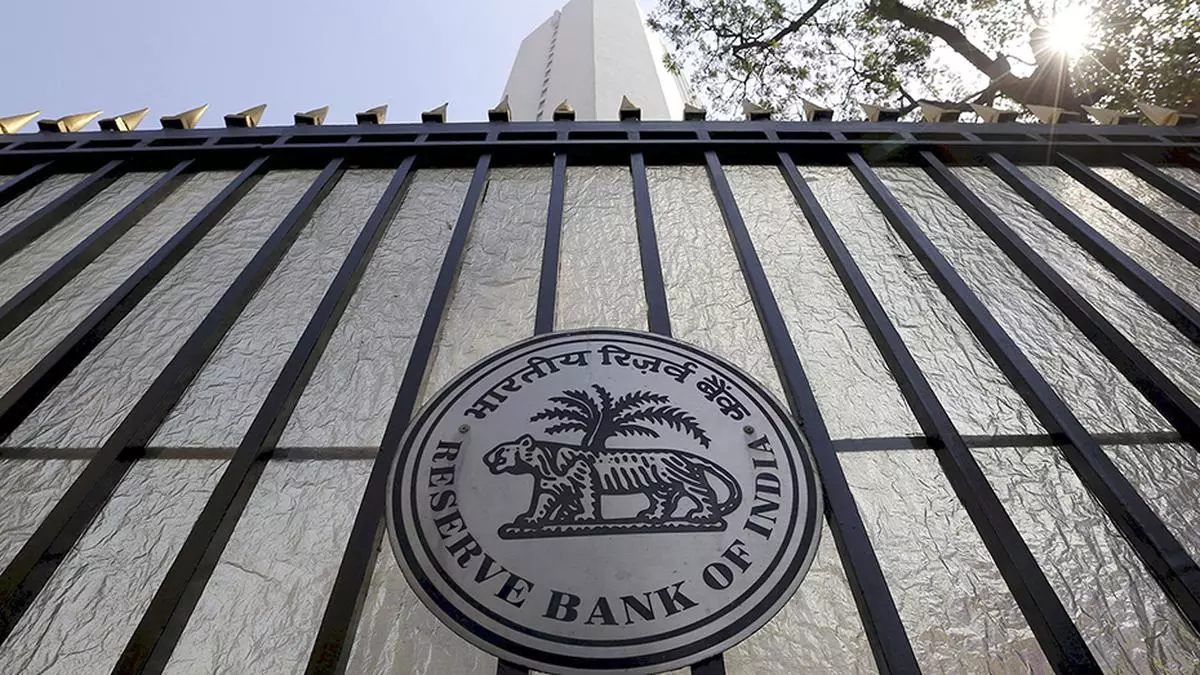The Group of Ministers (GoM) on GST rate rationalisation has recently proposed significant changes to India’s Goods and Services Tax (GST) framework. The most notable recommendation includes raising the GST rate on aerated beverages, cigarettes, and other tobacco products from the current 28% to 35%. These proposed adjustments, aimed at enhancing revenue collection, will be reviewed by the GST Council during its 55th meeting on December 21, 2024.
Key Proposals:
- Tobacco and Aerated Beverages:
The GoM has proposed a steep increase in GST rates on so-called “sin goods,” such as tobacco products and aerated beverages. The proposed rate of 35% represents a significant hike from the existing 28%. This move is expected to not only boost government revenues but also serve as a deterrent to the consumption of these demerit goods. - Readymade Garments:
The proposals also extend to the textile industry:- Costing up to ₹1,500: GST rate remains at 5%.
- Between ₹1,500 and ₹10,000: Taxed at 18%.
- Above ₹10,000: The rate remains at 28%.
- Other Essential and Luxury Goods:
The GoM’s recommendations cover 148 items in total, aiming to rationalise rates and reduce anomalies:- Packaged Drinking Water (20 litres and above): Proposed reduction from 18% to 5%.
- Bicycles costing less than ₹10,000: Reduction from 12% to 5%.
- Exercise Notebooks: Suggested reduction from 12% to 5%.
- Luxury Goods:
- Shoes above ₹15,000: Increase from 18% to 28%.
- Wristwatches above ₹25,000: Increase from 18% to 28%.
Existing GST Structure:
The current GST system is divided into four main slabs—5%, 12%, 18%, and 28%. Essential goods and services are either exempt or fall within the lowest slab, while luxury and demerit goods attract higher rates, often accompanied by a cess. The proposed 35% rate would create a new slab, specifically targeting high-revenue sin goods.
Implications of the Proposed Changes:
- Revenue Boost: The increase in GST for sin goods is expected to generate substantial additional revenue for both the central and state governments.
- Public Health Impact: Higher taxes on tobacco and aerated drinks could potentially curb consumption, aligning with broader health policy objectives.
- Industry Concerns: Industries dealing in these products may face challenges in maintaining sales volumes, potentially impacting employment and profitability.
Final Decision on December 21, 2024:
The GoM’s report will be presented to the GST Council, chaired by the Union Finance Minister and including state finance ministers. The council’s final decision will determine the implementation of these proposed changes. Additionally, the council may extend the GoM’s mandate for periodic reviews of GST rates, ensuring ongoing rationalisation efforts.









